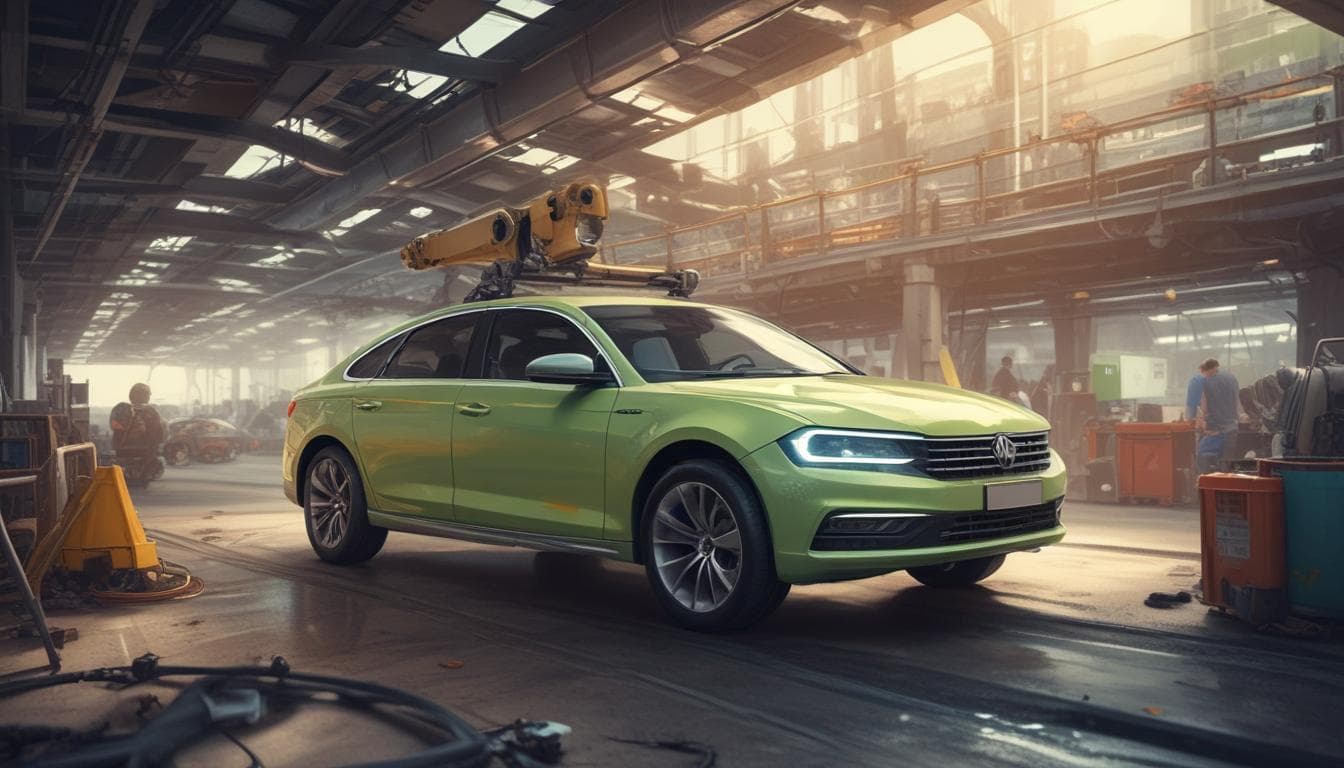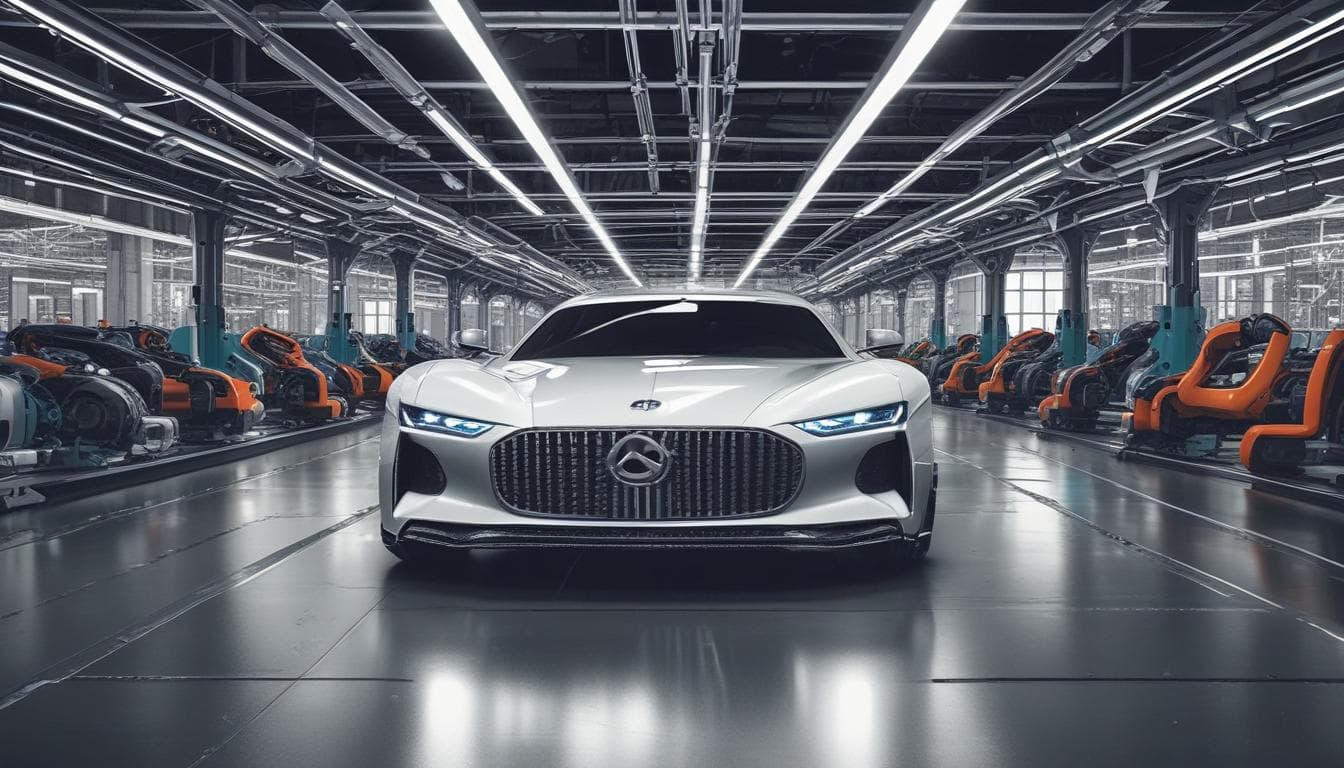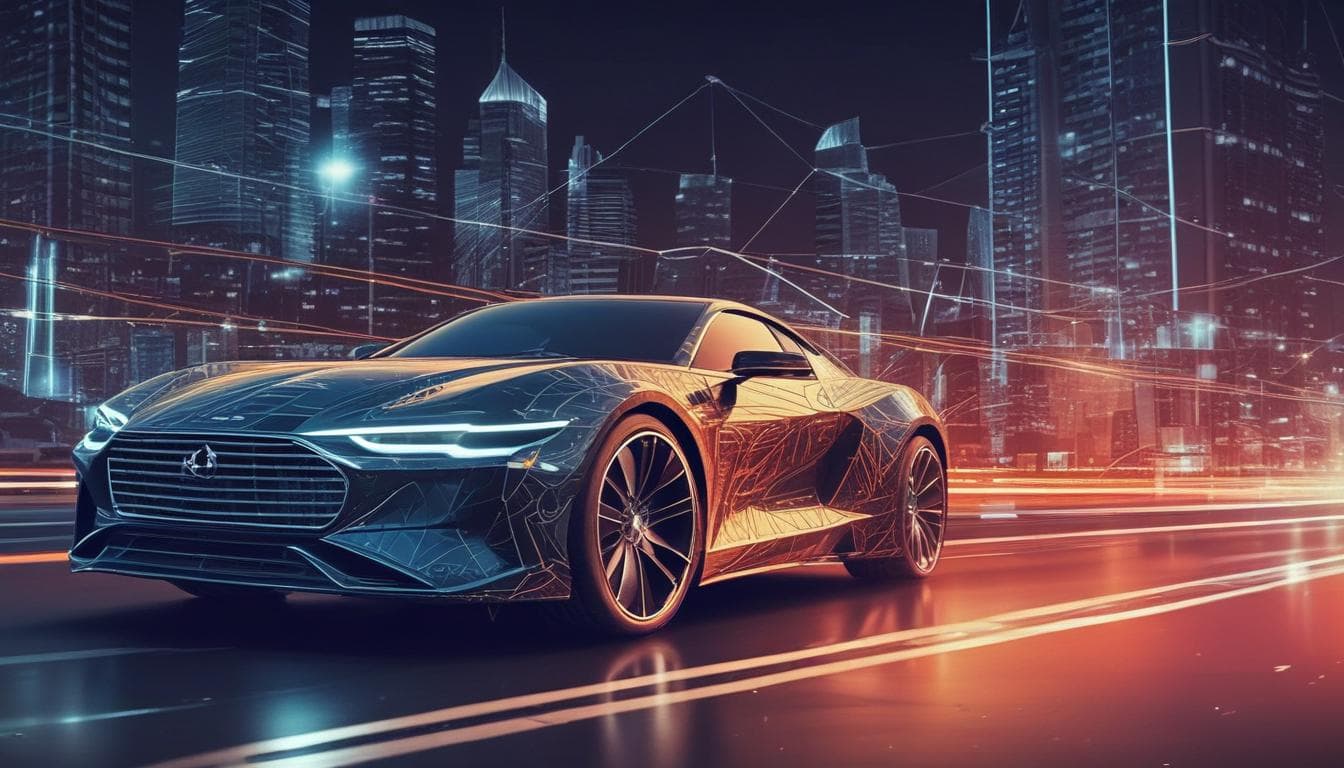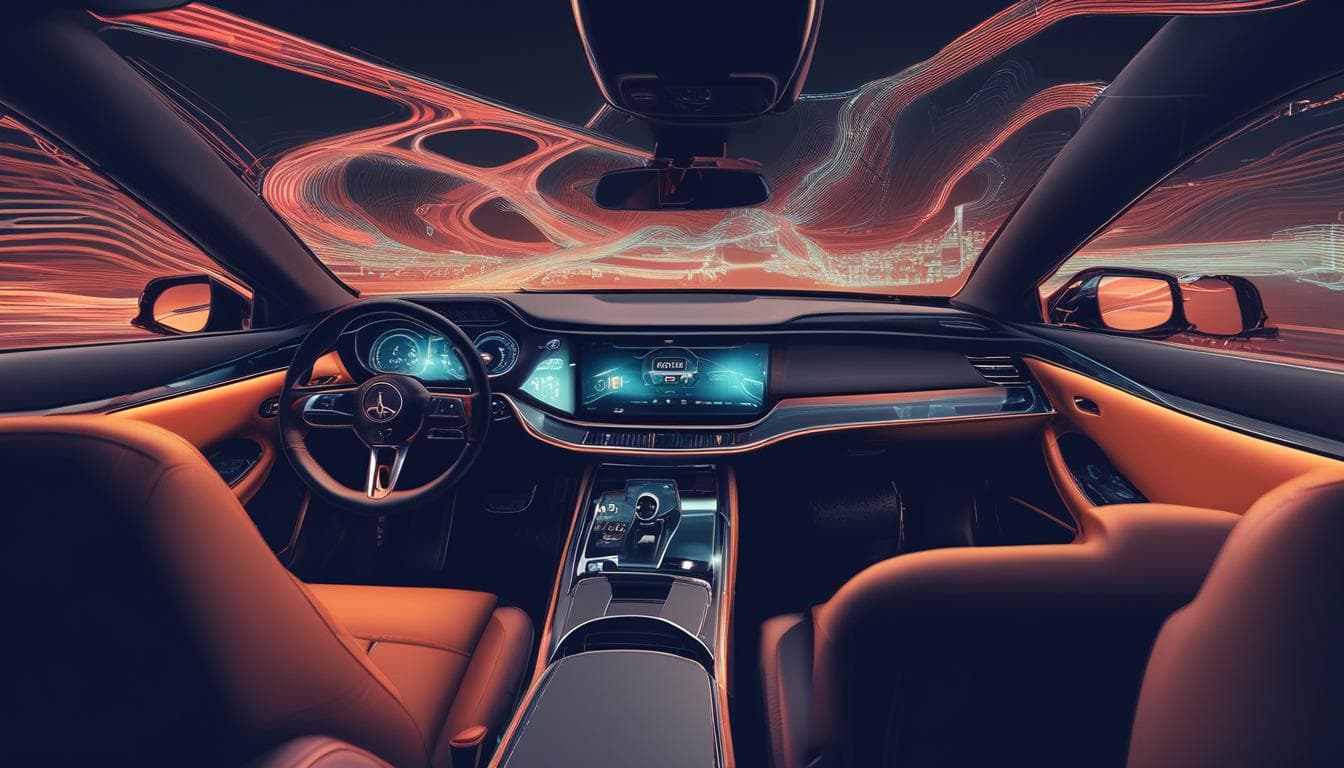With the increasing integration of AI in vehicles, how might the role of the car mechanic evolve? Will mechanics become AI specialists, diagnosing and repairing complex algorithms, or will their skills shift towards maintaining the physical hardware alongside AI assistants? What new opportunities and challenges do you foresee for this profession?
The integration of AI into vehicles is indeed transforming the role of car mechanics in profound ways. Here are some key points to consider about the evolution of this profession:
The Shift to AI Specialists
As vehicles become more reliant on AI for functionalities such as autonomous driving, diagnostics, and driver-assistance systems, mechanics will need to adapt by gaining proficiency in software and algorithm troubleshooting. This transition means that:
- Training in Software Skills: Many mechanics might require additional training in AI technologies and software management. Understanding how different algorithms function will be essential for diagnosing problems.
- Collaboration with AI Systems: Mechanics may need to work closely with AI diagnostic tools that can run complex checks to identify issues, making their roles more collaborative with technology.
Maintaining Physical Hardware
Despite the growing presence of AI, the physical components of vehicles will still require expert care. Mechanics will continue to address:
- Hardware Repairs: As vehicles still contain many mechanical systems, traditional skills in maintenance and repair work will remain crucial. This includes engine repairs, brake systems, and more.
- Integration of AI with Traditional Mechanics: Mechanics will have to understand how AI and conventional systems interact. This opens opportunities for specialization in hybrid technologies where both mechanical and digital skills are essential.
New Opportunities and Challenges
The evolution of vehicle technology brings forward a mixed bag of opportunities and challenges:
- Upskilling: Mechanics have the opportunity to enhance their skills through certifications in digital mechanics and AI technologies. A proactive approach can lead to advanced career paths or roles as AI specialists.
- Job Market Competition: As the automotive landscape changes, there might be an influx of new technicians with backgrounds in IT and software engineering, which could create a competitive job market. Therefore, existing mechanics will need to showcase their adaptability and ongoing learning.
This transformative period aligns with trends discussed in articles like The AI Revolution in Automotive, where it highlights the reshaping of roles across the industry due to AI integration. The future of automotive work and the skills required will undoubtedly evolve, creating a more diverse and technologically integrated workforce.
Explore More on This Topic
Join the Conversation
- How Will the Rise of EVs Impact the Car Maintenance Industry?
The increasing popularity of electric vehicles raises questions about the future of traditional car maintenance. This discussion explores the potential impact on mechanics, the need for new specializations, the changing costs of vehicle upkeep, and the emergence of new business models in the automotive repair sector.
- The Future of Road Trips: AI-Powered Itineraries vs. Spontaneity
Explore the evolving landscape of road trips in the age of AI. Will curated itineraries replace spontaneous adventures, or will there be a balance? Discuss the potential impact of AI on the driver and passenger experience.
- The Future of Automotive Artistry: Will AI Drive Design or Compete With It?
Explore the future of automotive artistry in the age of AI. Will AI become a collaborative tool for car designers, a new medium for artistic expression, or a competitor creating its own automotive aesthetics? Join the discussion and share your vision.





